
The announcement that Ozzy Osbourne had passed away at 76 came as a thunderclap to the world of heavy metal. For decades, he had been Black Sabbath’s wild heart, the voice that helped create a genre, and the larger-than-life “Prince of Darkness” whose tale was as much about survival as spectacle. Now, while fans absorbed the death, many found themselves struggling to figure out how to pay their respects, how to come to terms with the loss, and how to keep his spirit alive.
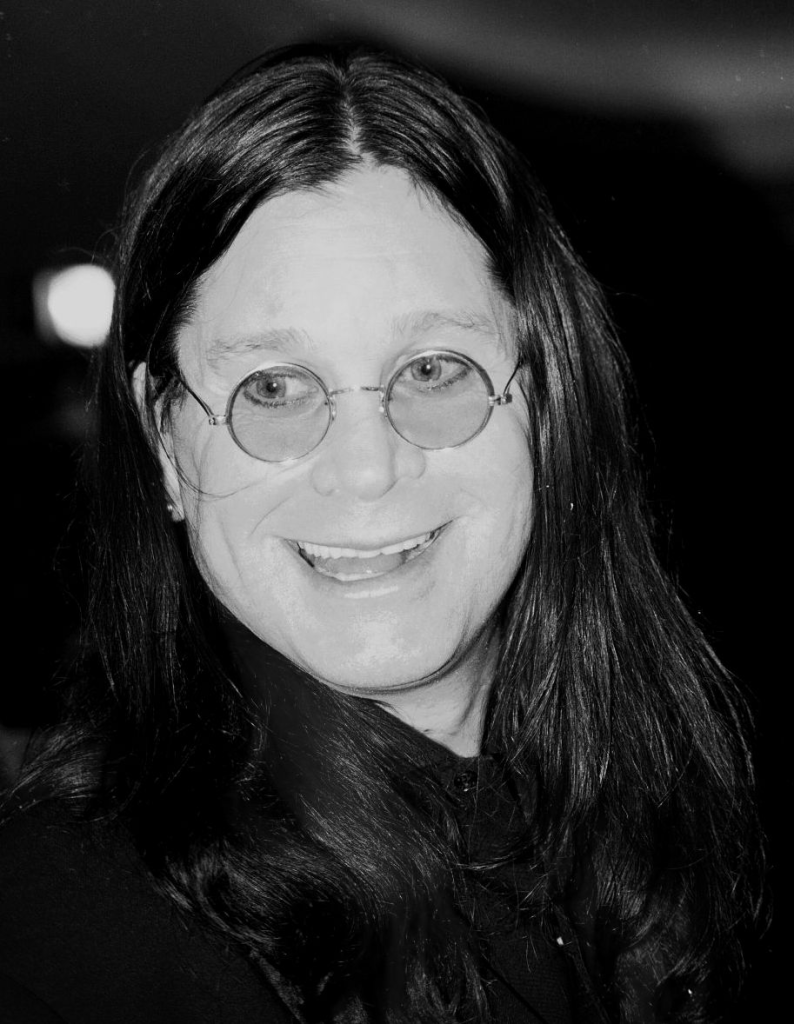
1. Ozzy’s Last Years: Life with Agony and Fortitude
Ozzy’s medical problems never remained a secret from fans. Diagnosed with Parkinson’s disease in 2019, he encountered a constant series of mishaps back surgeries, residual pain from a near-death quad bike crash in 2003, and a fall in 2019 which re-irritated aged injuries. Traveling became a non-starter, and in 2023 he made the sad choice to leave the road, assuring fans, “in all good conscience, I have now come to the realisation that I’m not physically capable of doing my upcoming European/UK tour dates, as I know I couldn’t deal with the travel required.” Nonetheless, he never forgot to thank the fan base that gave him so much. At his last concert, Ozzy told the crowd, “You’re all special. Let’s go crazy, come on.”
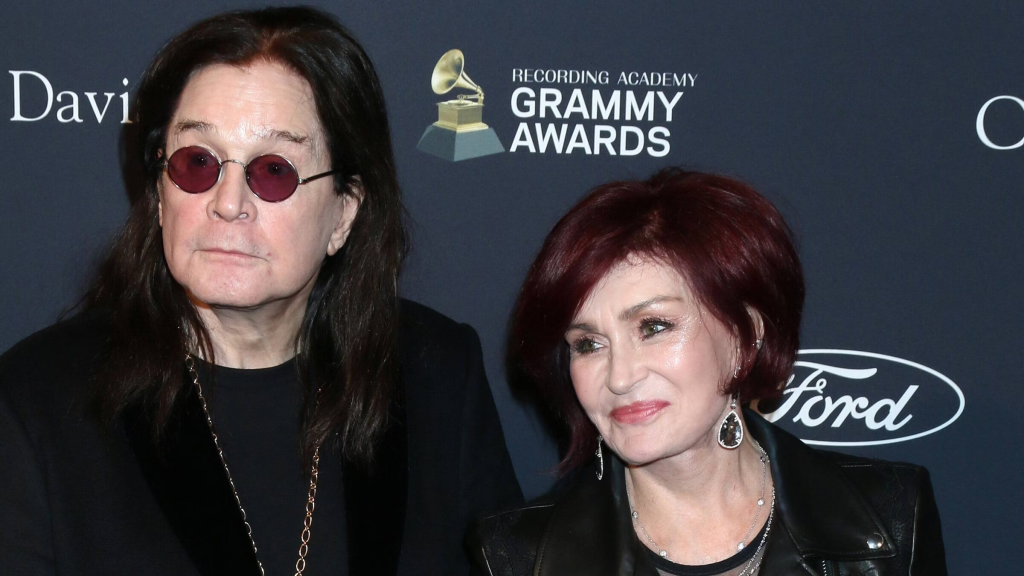
His resilience became as legendary as his music, with Sharon Osbourne sharing, “There’s so many different types of Parkinson’s, it’s not a death sentence by any stretch of the imagination, but it does affect certain nerves in your body. And it’s like you’ve got a good day, a good day, and then you have a bad day, really.” He battled for every second on stage.

2. Heavy Metal’s Founding Father: Ozzy’s Unmatched Legacy
Ozzy’s history started in Birmingham, where he and his classmates created Black Sabbath in 1968. Their first album in 1970 not only charted but reshaped the sound of rock forever. With thunderous riffs and dark lyrics, Black Sabbath brought heavy metal into the world, “kicking and screaming.” In the words of Metallica’s Lars Ulrich, “utterly groundbreaking, with their huge hymns of doom.” Over 75 million albums sold globally, and double induction into the Rock & Roll Hall of Fame first with Sabbath in 2006 and as a solo artist in 2024 safeguarded Ozzy’s place in music history. Inducted by Jack Black, Blizzard of Ozz was “a heavy metal masterpiece. That f*cking sound was raw power.” His legacy resonates in each power chord.

3. The Prince of Darkness: Persona, Controversy, and Survival
Ozzy’s on-stage stunts such as biting the head off a bat entered legend, but behind the shock value lay a man who lived through addiction, public attention, and personal demons. “Looking back, I should have died a thousand times but never did,” Ozzy mused in the documentary God Bless Ozzy Osbourne. Even in his old age, his personality never waned; his last performances found him on a black throne, still dictating the stage, still the Prince of Darkness. Elton John encapsulated it best: “You are one of the most remarkable singers of our time.” You are the king, you are the legend. Ozzy’s success at reinventing himself, and at staying alive, motivated generations.
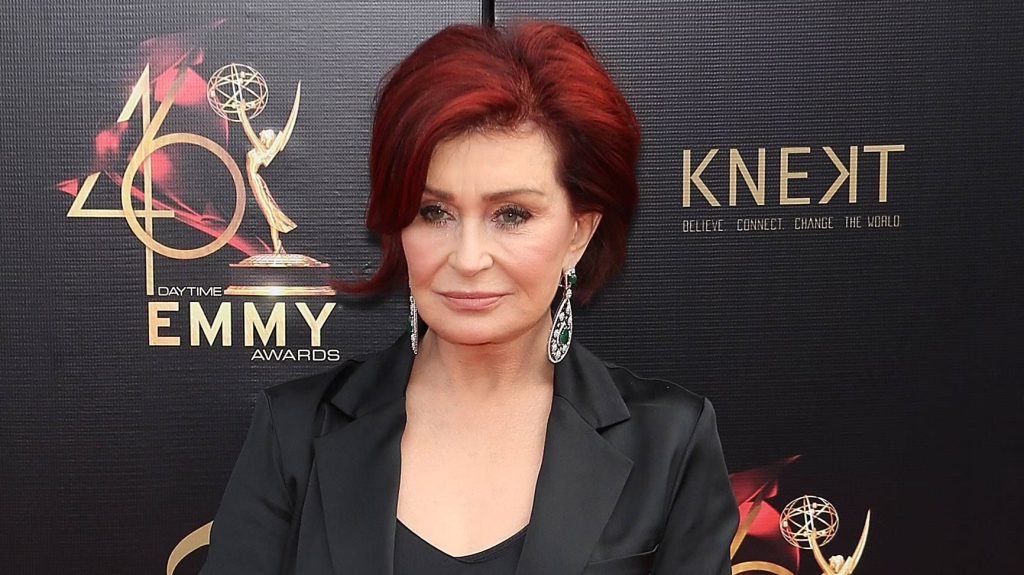
4. Family, Fame, and The Osbournes: Navigating the Spotlight
Ozzy’s marriage to Sharon in 1982 began a new chapter. The three children they had together, and who appeared in the MTV reality show The Osbournes in the early 2000s, brought the world into their home. The series was revolutionary, providing an uncensored glimpse at life with the family in the spotlight. Sharon, always quick to be the family’s defender, regularly had the public reminded to leave them alone, particularly during Ozzy’s fight for health. Daughter Kelly, refuting rumors of Ozzy’s health, reaffirmed, “He’s not dying. Yes, he has Parkinson’s, and yes, his mobility is totally different than it was, but he’s not seriously dying.” What is wrong with you? The Osbournes proved that beneath the legend was a family like any other loving, imperfect, and intensely loyal.
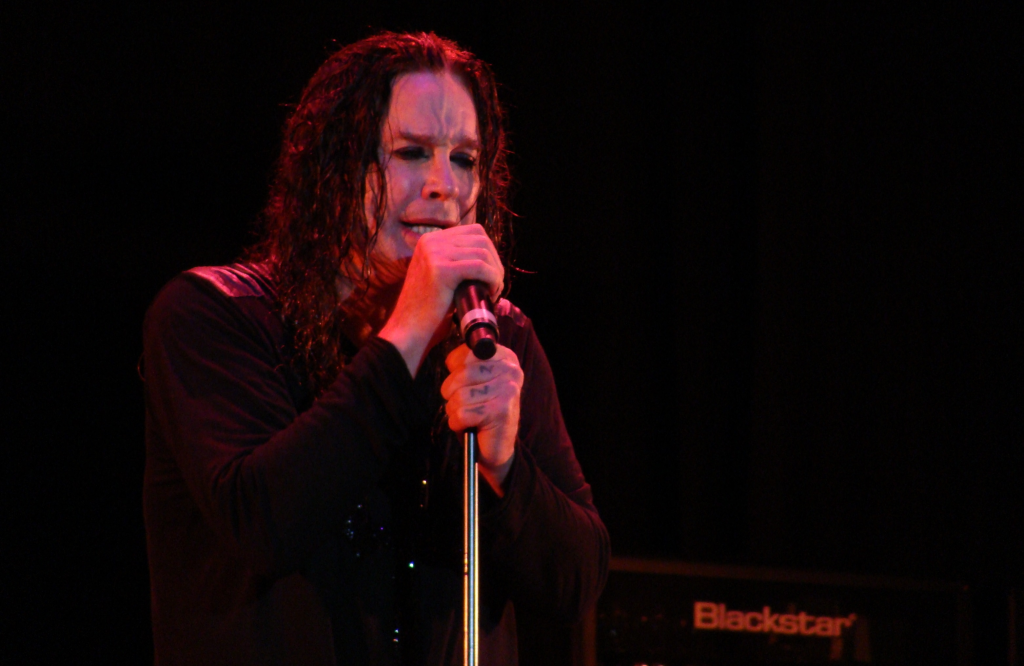
5. When a Music Icon Passes Away: Why the Grief Feels So Personal
For some, Ozzy’s passing is not simply the loss of a musician. It’s the loss of a companion during adolescence, a voice that soundtracked life’s ups and downs. Experts say mourning a celebrity can be confusing and even isolating, because these so-called “parasocial relationships” are one-way but intensely meaningful. “A parasocial loss is a real loss – the comforting from others who are also mourning or who acknowledge that grief is legitimate and can be a huge assistance. Don’t hesitate to call on your support network,” says grief experts. Sharing with other fans, memories, and even simply listening to Ozzy music can make it more understandable to cope with the loss.

6. Rituals, Tributes, and the Healing Power of Music
Rituals are important whether to share memories on the internet, playing a favorite Sabbath album, or sitting with friends to talk about the good times. Memorial tattoos, tribute playlists, and fan meetups are all means of paying tribute to Ozzy and keeping his ghost alive. “Music is a valid place for mourning – even protracted forms of mourning that go on long after society thinks it’s appropriate to discuss,” says Douglas MacGregor, the founder of Songs of Loss and Healing. Music can be a solace, but it can be so much more. It externalizes secret feelings, manages emotion, and builds community. “Music transcends boundaries, speaking directly to the heart without the need for translation,” notes another music therapy resource.

7. Finding Comfort and Community in the Wake of Loss
If the news of Ozzy’s passing feels overwhelming, know that you’re not alone. Grief can hit hard and unexpectedly, especially when a public figure has been part of your life’s soundtrack. Experts suggest letting yourself feel whatever arises, reaching out to others within the fan community, and letting music serve as a means of reflection and healing. “There’s no right or wrong way to grieve,” reiterate bereavement counselors.
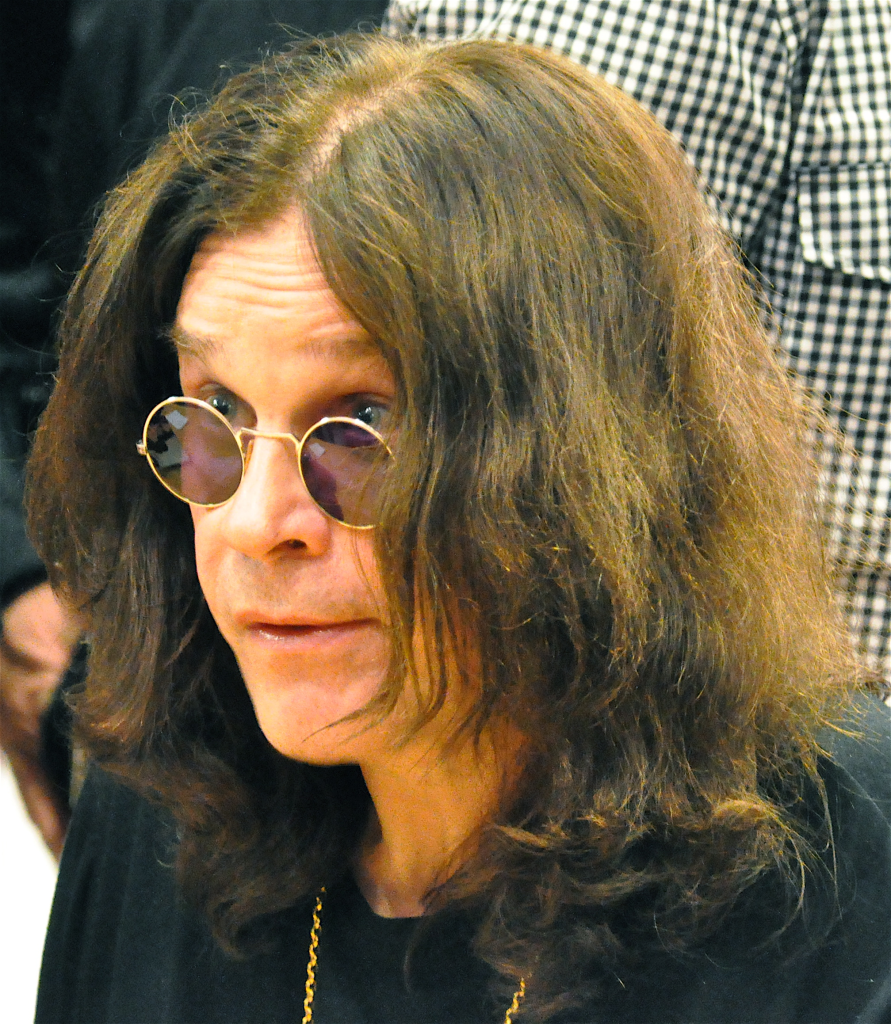
Whatever it is telling stories, making art, or just listening to the songs that defined your world every gesture of remembrance is a tribute to Ozzy’s memory. Ozzy Osbourne’s legacy is not so much about the records he created or the stages he ruled it’s about what he did to build a community, to break barriers, and to give people comfort in the music that he left behind. In mourning, as in song, there is unity, healing, and the assurance that the heart of rock and roll lives on.


